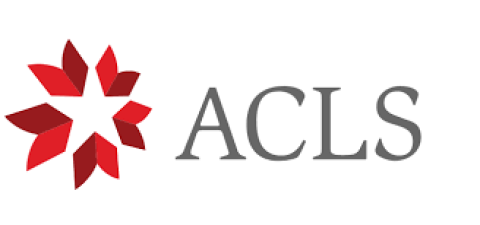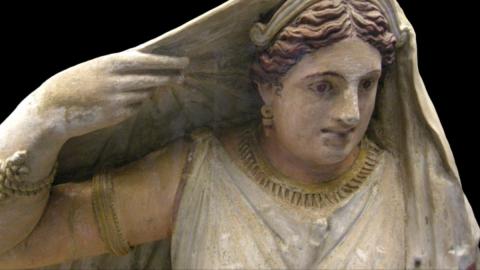SCS Blog Author Page
Posts by Joy Connolly

|
Blog: Help Support the ACLS
|

|
Blog: Working Toward a Just and Inclusive Future for Classics
Like many others, I'm trying to funnel the anger and frustration that I felt at our panel on the "Future of Classics" at the Annual Meeting in San Diego toward taking action that can make a difference, even on a small scale. At the panel Professor Sarah Bond and Professor Dan-el Padilla Peralta promptly condemned the comments a speaker from the audience made about Dan-el as well as her intellectually and politically regressive defense of classical studies. My thoughts here are intended to carry forward their energetic advocacy. To combat racist attitudes and assumptions that persist not only at the margins of the field but among and around us, we must act now on our home campuses and schools. Here are five ideas to get us started. There are many more. It’s important to note that at some schools, faculty and students are already acting on these ideas or better versions of them. They arise from my experience Read more … |
Defending the liberal arts at graduation time
As I try to wrap up a busy year in the dean's office, I want to post the graduation address I delivered last week to the NYU College of Arts and Sciences. This was a chance to try to usethe Roman world to get people thinking afresh about liberal arts education. How can we create more such moments (that don't rely on graduation ceremonies)? What would you say to audiences outside of academia? How can I improve my own argument? (Do keep in mind that I had less than ten minutes to address a body of parents, graduates,and faculty, and it's a celebratory event.) Deputy President Yu, Dean Starr, my distinguished faculty colleagues, students of the great Class of 2014, and finally an audience I am especially pleased to address, our students' parents, family members, and friends: thank you. It is a great honor and a frank pleasure to speak to you on this day of celebration. These days there's a lot of confusion and misinformation out Read more … |
|
Turning toward the public
Classical studies as we know it today grew partly from the pressure of politics — from people’s need for a repertoire of words and images that could respond to the new political possibilities in early modern Europe. When Coluccio Salutati studied Latin prose composition at his boarding school in Bologna, he focused on the art of letter-writing (the ars dictaminis), as generations of Italian boys had done before him. But his teacher also lectured on Cicero and other classical authors — and as Salutati’s career took him to the chancellorships of Todi, Lucca, and Florence, his administrative vision was broadened by his knowledge of classical history and moral philosophy. Leonardo Bruni, Salutati’s disciple from Arezzo, drew on Athenian and Roman ideals to create a compelling picture of secular civic virtue that could absorb and transcend dominant Christian ideals. In his famous letter to his friend Francesco Vettori, Machiavelli took note of the “capital” he made from Read more … |
